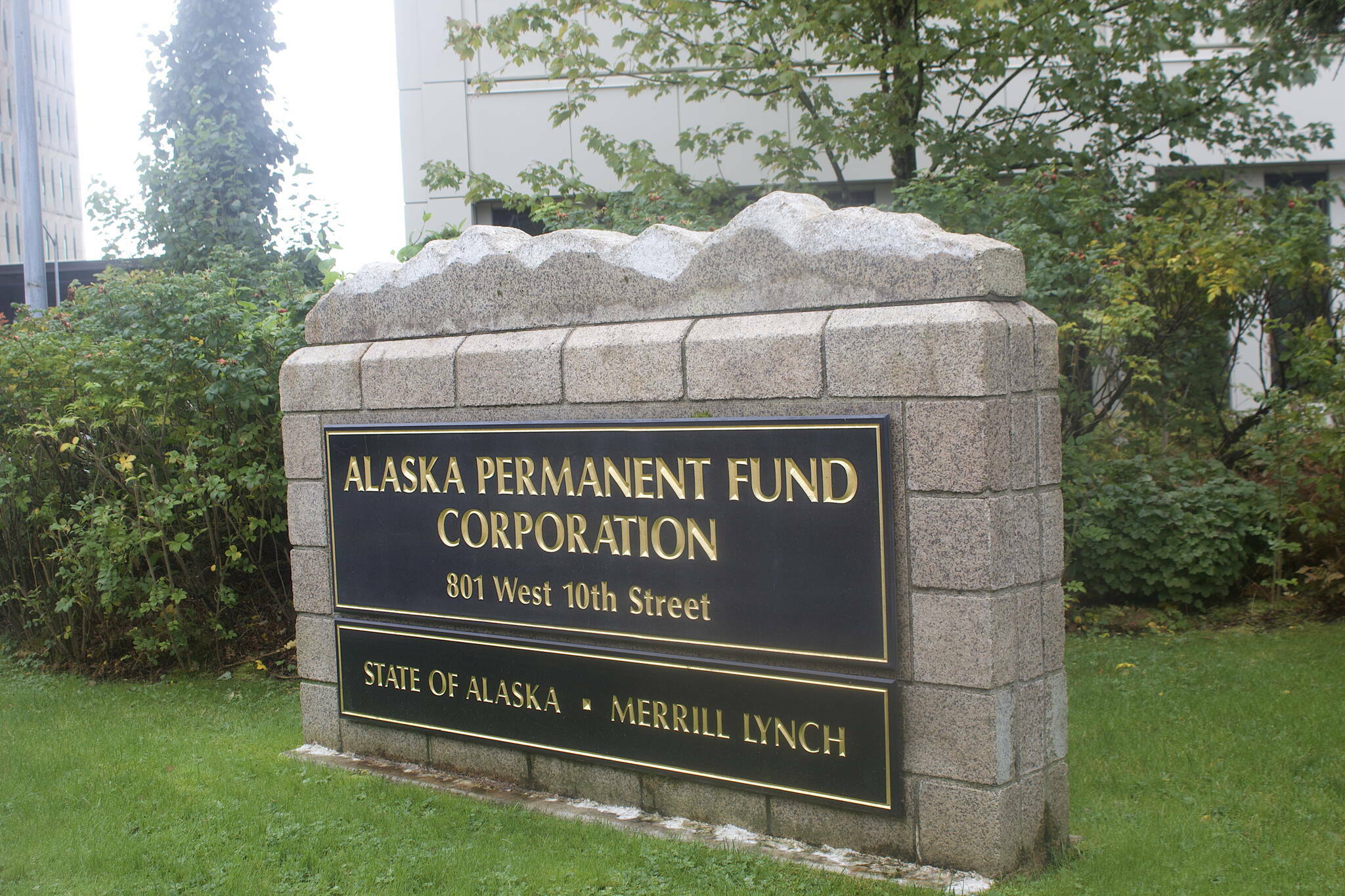I just read that the Permanent Fund Corp. has been considering a move to Anchorage since 2019. I was stunned. An essential part of the capital of the state of Alaska is considering moving? And it has been discussed for four years? And this is the first time that we, the people, are hearing about it?
Capital creep, the slow attrition of essential state government positions from Juneau to Anchorage, is weakening our state government, rendering it less effective and less efficient. It doesn’t have to be this way.
There is a remarkable light-filled room on the third floor of the Alaska State Capitol in Juneau. A beautiful oval table surrounded by comfortable chairs almost fills the space. In that room, the governor and the lieutenant governor, who are the leaders of the executive branch, along with all of their commissioners, can meet face to face to do their most important work: to govern democratically for the benefit of the Alaskan people.
Like the legendary King Arthur’s Round Table, that beautiful oval table is a symbol for good governance. It is a place where public servants can make good decisions together for the people.
We create spaces for governing where people can gather because we know that it works to do so. It is called the power of proximity. Just as Washington, D.C., is a designated space for governing the United States, so too is Juneau a designated space for governing the state of Alaska. Just as in the nation’s capital, where there are residences maintained for the president and the vice president, so too does Alaska’s capital maintain residences for the governor and the lieutenant governor. Just as Washington, D.C., maintains office buildings for the executive branch and the secretaries who head them, so too does Juneau maintain office buildings for the state’s executive branch, i.e. the departments, and the commissioners who head them. The reason for this is that the governor is responsible for implementing state laws and overseeing the operation of the state executive branch. Historically, the governor, the lieutenant governor, the attorney general and the commissioners have lived in Juneau year-round in order to govern.
A capital is a designated place for governing, whether for the nation or for the state. It would be unthinkable if the president lived in, say, Delaware, and his vice president lived in California, and his secretaries of state and defense and others lived all over the country. No, they all live in Washington, D.C. This is true for whichever party is in office. A national capital and all of the state capitals are specific environments that have been created for facilitating governance.
And yet, even though it was unthinkable before, now the governor, the lieutenant governor, the attorney general and most of the commissioners do not live in Juneau — even though historically, they all have. And now we hear that the Permanent Fund Corp. is considering moving to Anchorage.
How can there be effective strong governance if the leaders of the executive branch can only communicate by long distance telephone or Zoom or by occasional travel?
We have learned throughout history that face-to-face communication is best, not just for meetings, but for spontaneous conversations that can only occur when people are in proximity to one another. You can’t govern by Zoom. Distance governing doesn’t work.
Remember people living and working in the same place not only meet easily face to face, but can also be available for spontaneous testimony before the Legislature, for quick lunch meetings, or for a brief coffee. Problems can be headed off, policy can be discussed over time, working relationships can be improved and difficult ones cannot be ignored, but must be worked out.
Although we have big problems in Alaska, we have talented and creative people to work on them. We can do big things. Why can’t we create for our families the very best school system in the country? Why can’t we create a ferry system that provides transportation for everyone and also is part of our national security? We may be at the forefront of climate change, but we also have thousands of years of research and knowledge from Alaska Native scientists on the climate, on wildlife, on the land as well as decades of state and federal and university research. Why can’t we create policy using the information?
Remember, Alaskans created the Permanent Fund. It didn’t magically appear. The Permanent Fund and the Permanent Fund dividend were created by our leaders and representatives, all of whom lived and worked in the capital of the state of Alaska. They came from all over the state from places like Naknek, Halibut Cove, Kenai, Ketchikan and Fairbanks.
Good governance requires our elected officials and the appointed heads of the departments of the executive branch to have frequent contact throughout the year with one another, by living and working in Juneau, the capital city designated as the place of governance. Only then can they serve the people by sitting around that oval table, by sharing ideas and experiences, solving problems in productive ways, and creating a community that works for all of Alaska. We, the people, deserve this.
Isn’t it ironic that the Permanent Fund was created by Alaskan leaders from all over the state who were all living in Juneau — and now the corporation that came out of that remarkable example of the power of proximity wants to move away from that oval table to Anchorage?
• Bridget Smith is a Juneau resident.

